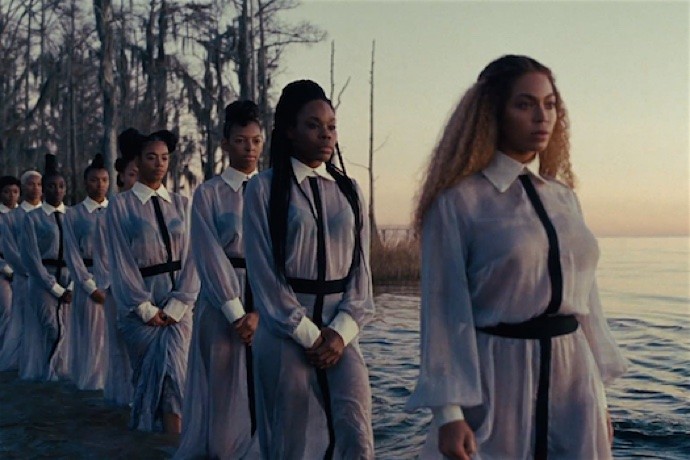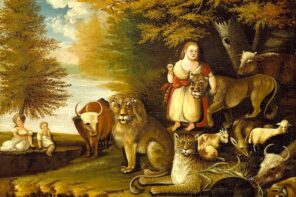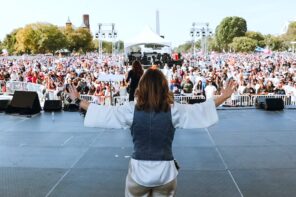We are living in the end times—or at least, in the post-“Lemonade” era.
On April 23, Beyoncé released an hour-long visual album that serves up a tapestry of the experiences of Black women, including their varied religious practices throughout the African Diaspora. In “Hold Up,” for example, Beyoncé wears a honey-colored dress while smiling, strutting and wielding a baseball bat, calling up the Yoruba orisha Oshun. And in “Love Drought,” a host of women form a procession into the water and hold hands, evoking the mother-spirit Yemoja.
To amplify this moment in pop culture—and to deepen the discussion—here is a reading list of books on Black religion, highlighting the work of Black women scholars.
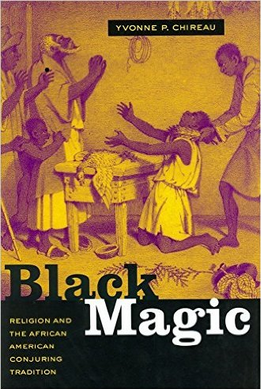 Yvonne P. Chireau
Yvonne P. Chireau
Swarthmore College
Black Magic: Religion and the African American Conjuring Tradition
Chireau’s work looks at various religious and spiritual traditions such as Conjure, Hoodoo, and root working, and how those traditions reflect African, European and American influences. She considers both healing and harming practices and how notions of religion and magic overlap.
From slavery days to the present, many African Americans have readily moved between Christianity, Conjure, and other forms of supernaturalism with little concern for their purported incompatibility.
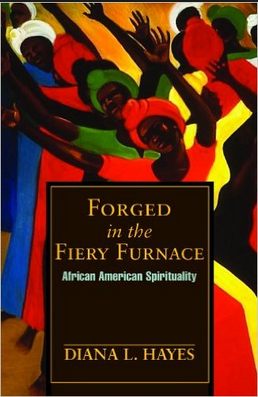 Diana L. Hayes
Diana L. Hayes
Georgetown University
Forged in the Fiery Furnace: African American Spirituality
Theologian Diana Hayes traces the development of African-American spirituality within Protestant and Catholic traditions. She explores how faith traditions have served to nurture and sustain African-American communities.
African American women’s spirituality is deeply rooted in a community of the born, the yet to be born, and those who have already passed over.
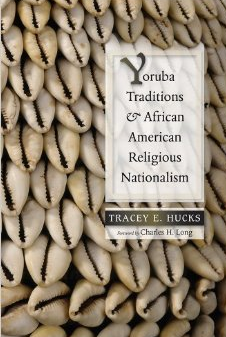 Tracey E. Hucks
Tracey E. Hucks
Davidson College
Yoruba Traditions and African American Religious Nationalism
Religious historian Tracey Hucks explores African-American expressions of Yoruba traditions and how those notions connect to Black religious nationalism. She highlights the influential work of Nana Oseijeman Adefunmi, the founder of the Yoruba Temple in Harlem and Oyotunji Village in Sheldon, South Carolina.
African American nationalists like Henry McNeal Turner, Marcus Garvey, and decades later, African American Yoruba leader Oseijeman Adefunmi, felt compelled, as a consequence, to counter-race the divinity making God Negro in the nineteenth century, Black in the early twentieth century, and African in the mid-twentieth century.
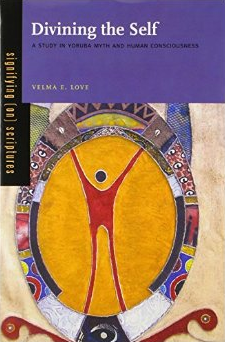 Velma E. Love
Velma E. Love
Winthrop University
Divining the Self: A Study in Yoruba Myth and Human Consciousness
Love’s study is an ethnography of Yoruba communities in South Carolina and New York. She examines Yoruba as practiced by African Americans by focusing on their encounters with the Odu, unwritten sacred “texts.”
Since their forced arrival, many Africans in American have turned to the sacred to redefine the self and remake the world. The history of oppression and its resistance is replete with examples of African Americans gathering sacred cultural resources to create meaning in a hostile environment and to refashion their lives.
 Rhon S. Manigault-Bryant
Rhon S. Manigault-Bryant
Williams College
Talking to the Dead: Religion, Music, and Lived Memory among Gullah/Geechee Women
Manigault-Bryant looks at the spiritual practice of talking with the ancestors with her ethnography of Gullah/Geechee women in South Carolina. Her work exposes the cultural and religious fluidity of Christianity and folk traditions.
Gullah/Geechee women are key contributors to African American religion and culture because they have been constant participants (i.e., members and supporters) and leaders of lowcountry faith systems.
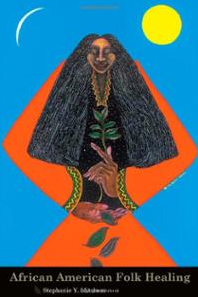 Stephanie Y. Mitchem
Stephanie Y. Mitchem
University of South Carolina
African American Folk Healing
Mitchem looks at historical and contemporary African-American folk healing practices. She links these alternative medicine practices alongside of “conjure” and “hoodoo” as forms of embodied spirituality.
African American women have found ways to work around their marginalized status, including use of folk knowledge in the development of new forms of folk healing.
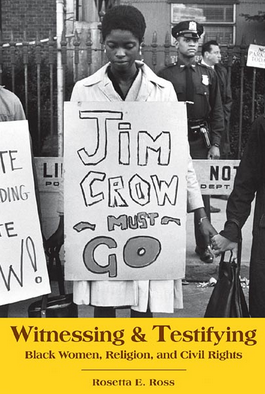 Rosetta E. Ross
Rosetta E. Ross
Spelman College
Witnessing and Testifying: Black Women, Religion, and Civil Rights
Although men within the leadership of civil rights organizations are lionized, Ross examines the lives of seven Black women civil rights activists. She considers how their religious faith served to undergird their activism.
By calling attention to survival concerns and identifying ordinary virtues and values, womanist theology helps to give a more complete picture of the meaning of religion in African American life, providing a contrast to the general tendency to characterize Black religion as contributing either to social justice or to conservation of oppressive traditions.
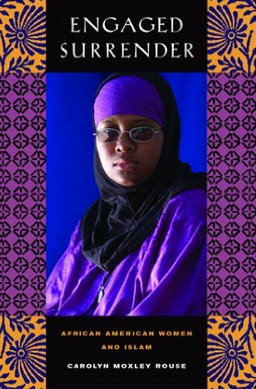 Carolyn Rouse
Carolyn Rouse
Princeton University
Engaged Surrender: African American Women and Islam
Anthropologist Carolyn Rouse offers an ethnography of an African American Sunni Muslim community in Southern California. She explores the means by these women find empowerment within Islam.
Ultimately, the social history of black women in the United States contributes substantially to the reason why Muslima view Islam as a faith with the potential to liberate women from racism, sexism, and classism.
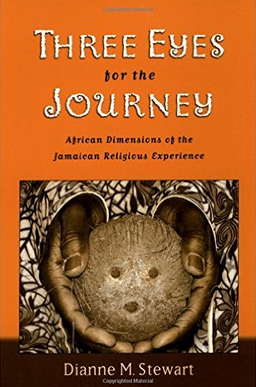 Dianne M. Stewart
Dianne M. Stewart
Emory University
Three Eyes for the Journey: African Dimensions of the Jamaican Religious Experience
In this multi-disciplinary study, Stewart examines African-derived religions traditions in Jamaica. Drawing upon these traditions, she constructs an African-centered, womanist theology of the cross.
The ultimate tragedy is that, as a general rule, African-Caribbean populations, having come under the influence of White Christian culture, perpetuate Afrophobic and anti-African ideas and attitudes regarding African-derived religious traditions.
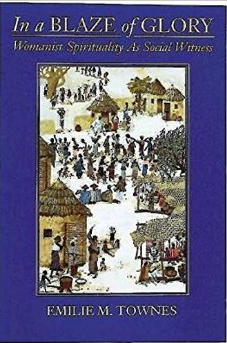 Emilie M. Townes
Emilie M. Townes
Vanderbilt University
In a Blaze of Glory: Womanist Spirituality as Social Witness
Invoking Alice Walker’s definition of “womanist,” Townes explores historical and contemporary expressions of African American women’s spirituality. She examines how African American women draw upon personal and communal resources in support of social action.
The task of a womanist spirituality is to illuminate and question the oppression, and then begin the eradication of radical oppression and devaluation of the self and the community in the context of structural evil.


